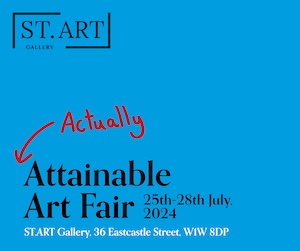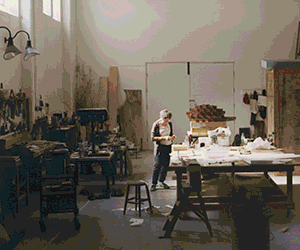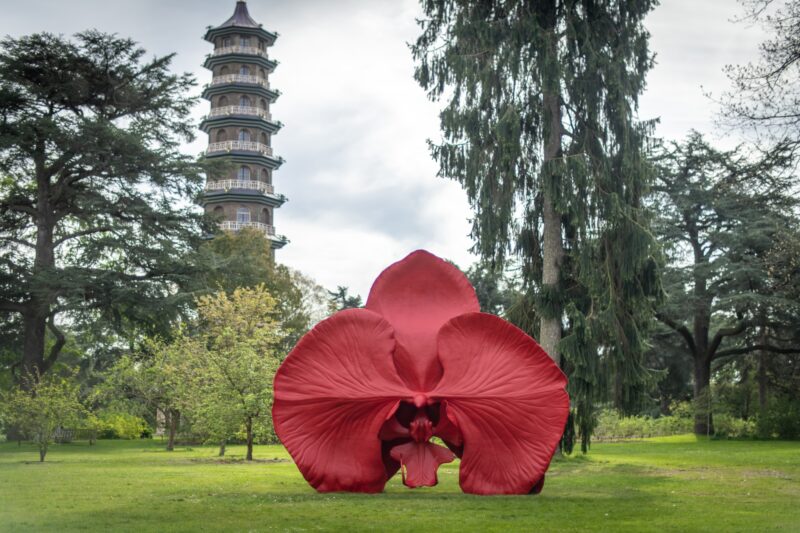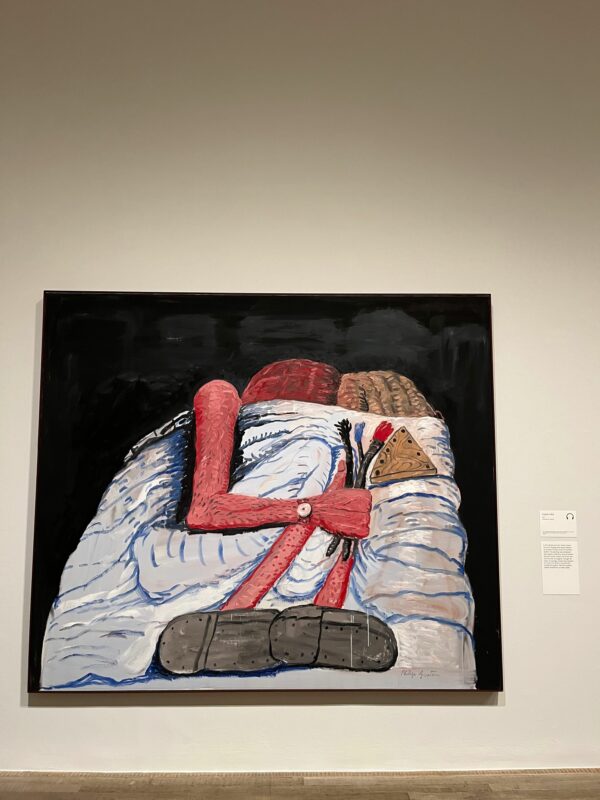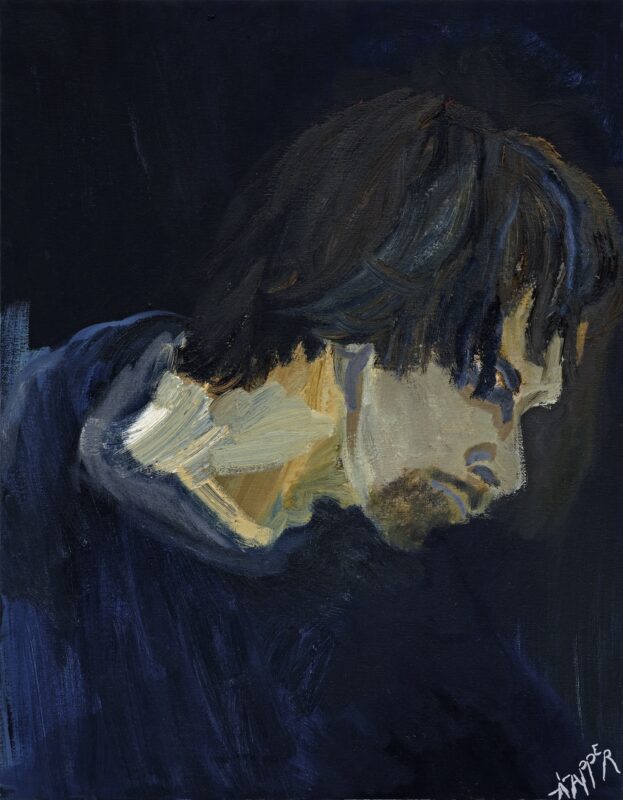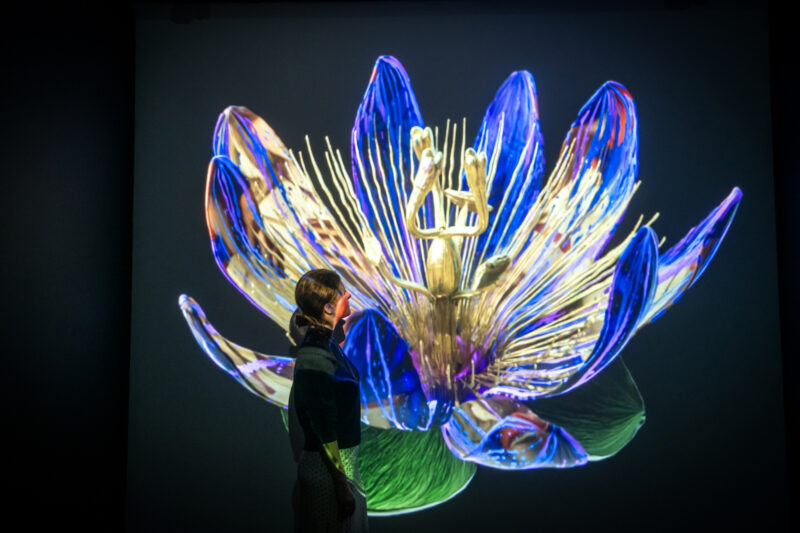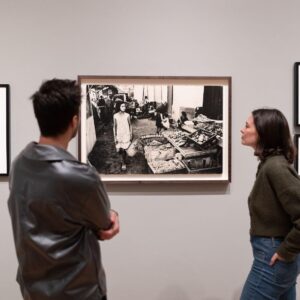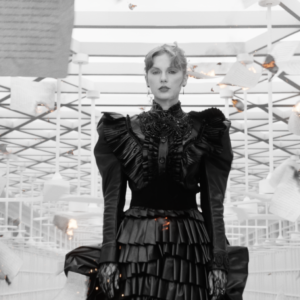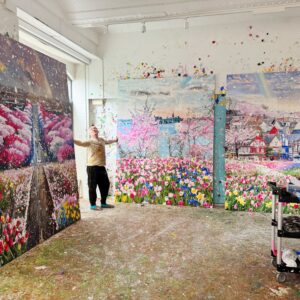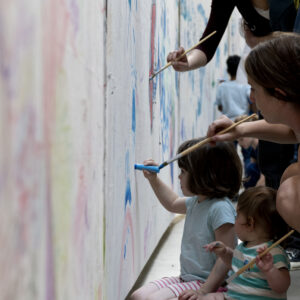This summer, contemporary artist Marc Quinn will present a major exhibition at Kew Gardens exploring the relationship between people and plants.
Building on the artist’s long-standing interest in nature and the human experience, Quinn’s Light into Life will encompass monumental sculptures across the Gardens alongside a dedicated presentation of works from the 1990s until today in the Shirley Sherwood Gallery of Botanical Art. Offering moments of thoughtful reflection and interaction throughout the Gardens, the exhibition examines our complex relationship with the natural world. It represents one of the largest site-specific art projects at Kew to date.
As humans we are not isolated from our environments; we interact and exist within them as a part of nature. Collaborating with Kew, a world-class centre of botanical research, and its team of scientists and horticulturists, has underlined how integral the natural world is to my practice. The complex science of plants has always-and continues to-inspire my thinking as an artist. I look forward to presenting this extensive new body of work at Kew Gardens for the first time, as well as recontextualising previous works from the past 30 years in this unique and special setting.
Marc Quinn
Light into Life will feature a selection of newly conceived artworks, developed through close collaboration with Kew’s scientists and horticulturists. Working with specialists from a variety of fields including taxonomy and plant diversity, Quinn will create pieces based on significant plants from the collections at Kew. Amongst these is a large-scale series of sculptures based on herbarium specimens of medicinal plants, including Taxus brevifolia (Pacific yew), the needles of which have been used in the development of cancer treatments. These abstract sculptures not only tell the vital story of our reliance on the natural world for therapeutic treatments but also emphasise the constructive quality of humanity’s complicated relationship with nature.
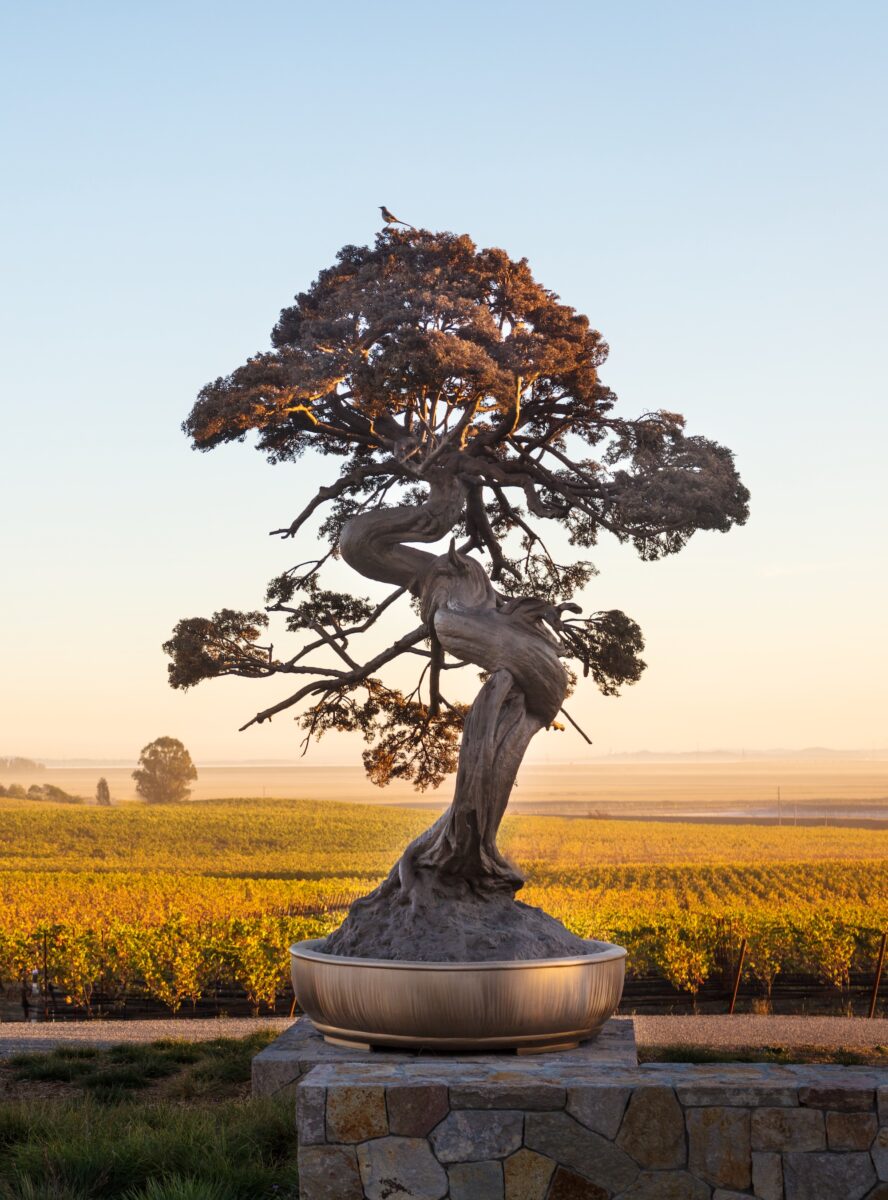
This theme will be further reflected in Held by Desire; a large bronze bonsai sculpture which takes centre stage in the Temperate House, the world’s largest Victorian glasshouse. Known the world over as the art of growing dwarf trees and shrubs, bonsai plants are kept at a consistently small size through careful pruning- perhaps the most painstaking manipulation of nature for aesthetic purposes. Quinn’s 5m sculptural versions in bronze, free the tree from the bonds of human control and align it with its own nature by enlarging it to its full potential.
Celebrating the magnificence of Kew’s 175-year-old Palm House, Quinn will also create a series of new sculptural portraits of palm leaves based on the Bismarck (Bismarckia nobilis) and Sabal (Sabal palmetto) Palms from within the glasshouse, often described as Kew’s living laboratory. These artworks will be emblematic manifestations of our relationship with trees and their role in the shelter, food and fabric of daily survival for billions of people across the world. Created in polished stainless steel, the mirroring reminds us of the role of light in the creation of plants and all living things, and blurs the boundaries between viewer, plant and landscape.
New works on display in the Shirley Sherwood Gallery of Botanical Art include Forecourt Herbarium, a reinterpretation of Kew’s seven million-strong collection of preserved plant specimens. Touring the Herbarium, Quinn was astonished by the number of dried plants in the collection- seemingly containing every variety but one: supermarket and petrol station flowers. These cultivated creations speak to the human impulse to create flowers which don’t ordinarily exist in nature. Alongside this, another new piece, Human Nature depicts two tulip bouquets, one created using glass and the other from frozen animal blood, a by-product of abattoir processing which is bought and sold in the same way as countless other products. As such, the two parts of Human Nature reflect on the commodification and consumption of the natural world, with the elegant end products we consume frequently belying the destruction required to produce them.
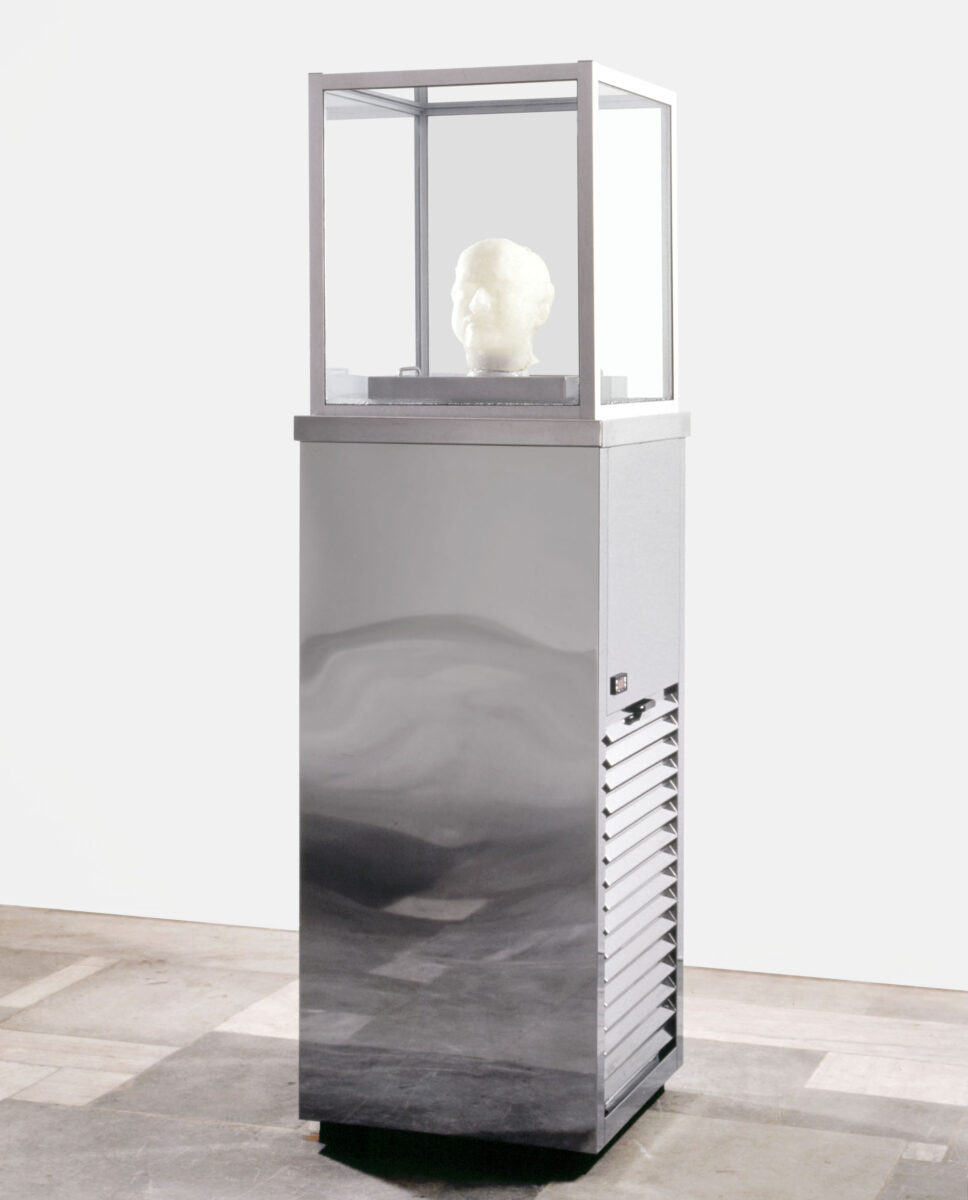
Accompanying these new sculptures will be a selection of existing artworks, many of which explore the idea of nature as a fundamental part of humanity, a prominent focus of Marc Quinn’s practice since the 1990s. Also in the Shirley Sherwood Gallery of Botanical Art, a new exhibition in Gallery Six will include a selection of works from The Shirley Sherwood Collection, featuring botanical paintings co-curated by Dr Sherwood and Marc Quinn, alongside a selection of Marc Quinn’s drawings. These works will reflect the plants which have inspired the artworks integral to Light into Life, including orchids, lilies, bonsai and coconut palms.
As a visionary artist with a remarkable background in pushing the boundaries of contemporary art, Marc Quinn expertly marries innovation and beauty in his creations. Kew Gardens offers the perfect living backdrop for this spectacular exhibition, and Light into Life promises to be a must-visit for summer 2024, inviting visitors to explore, contemplate, and rediscover their intrinsic connection to the natural world.
Paul Denton, Head of Visitor Programmes & Exhibitions,
Marc Quinn, Light into Life, 4th May – 29th September 2024, kew.org
About the artist
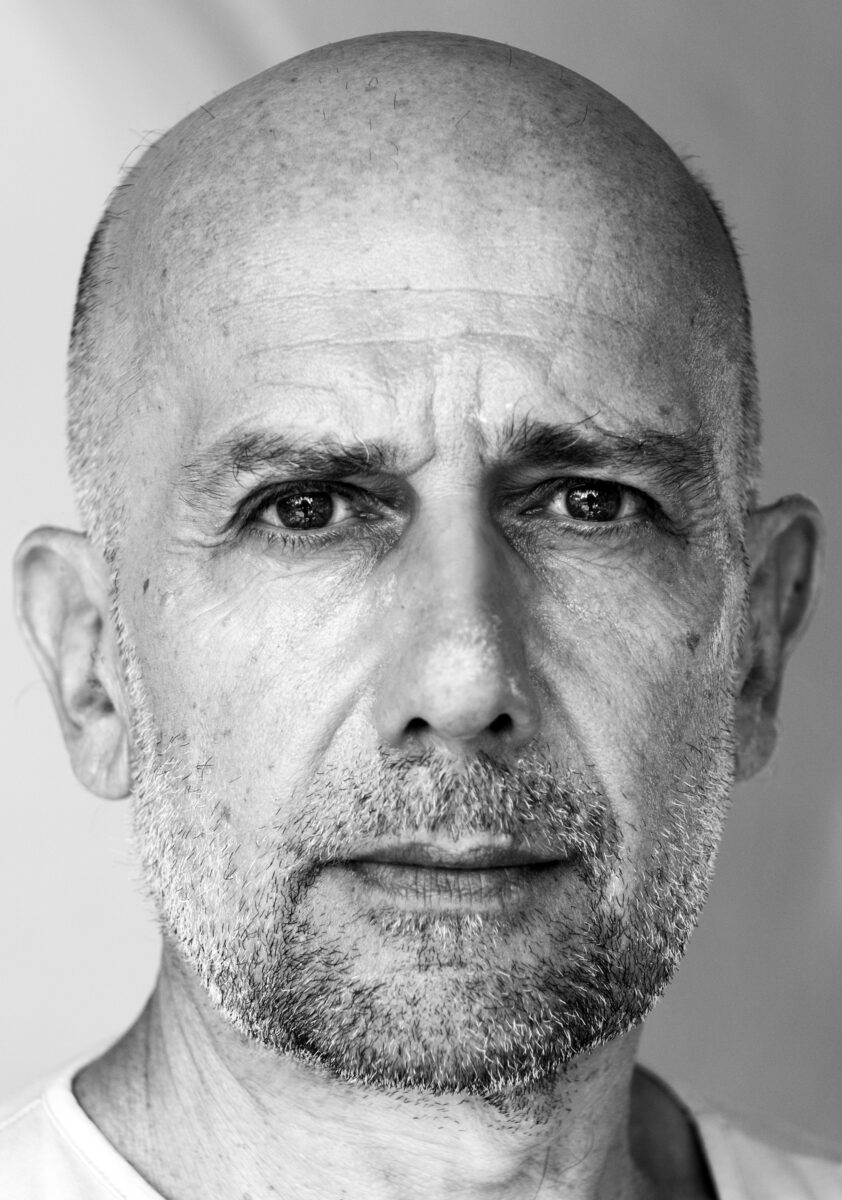
Marc Quinn, born 1964, is an artist whose wide-ranging practice – encompassing sculpture, painting and drawing – is not easily categorised. Although by nature contemporary, his work connects frequently and meaningfully with art history, from modern masters right back to Classical antiquity. At its centre is an exploration of the multifaceted experience of being human.
Marc Quinn has exhibited internationally in museums and galleries including Tate, London; Kunstverein, Hannover; Fondazione Prada, Milan; MACRO, Rome; and Fondation Beyeler, Basel. Quinn’s work features in collections around the world, including Tate, London; Metropolitan Museum and Guggenheim, New York; SFMOMA, San Francisco; Arario Museum, Seoul; Fondazione Prada, Milan; Stedelijk Museum, Amsterdam; and the Centre Pompidou, Paris.
